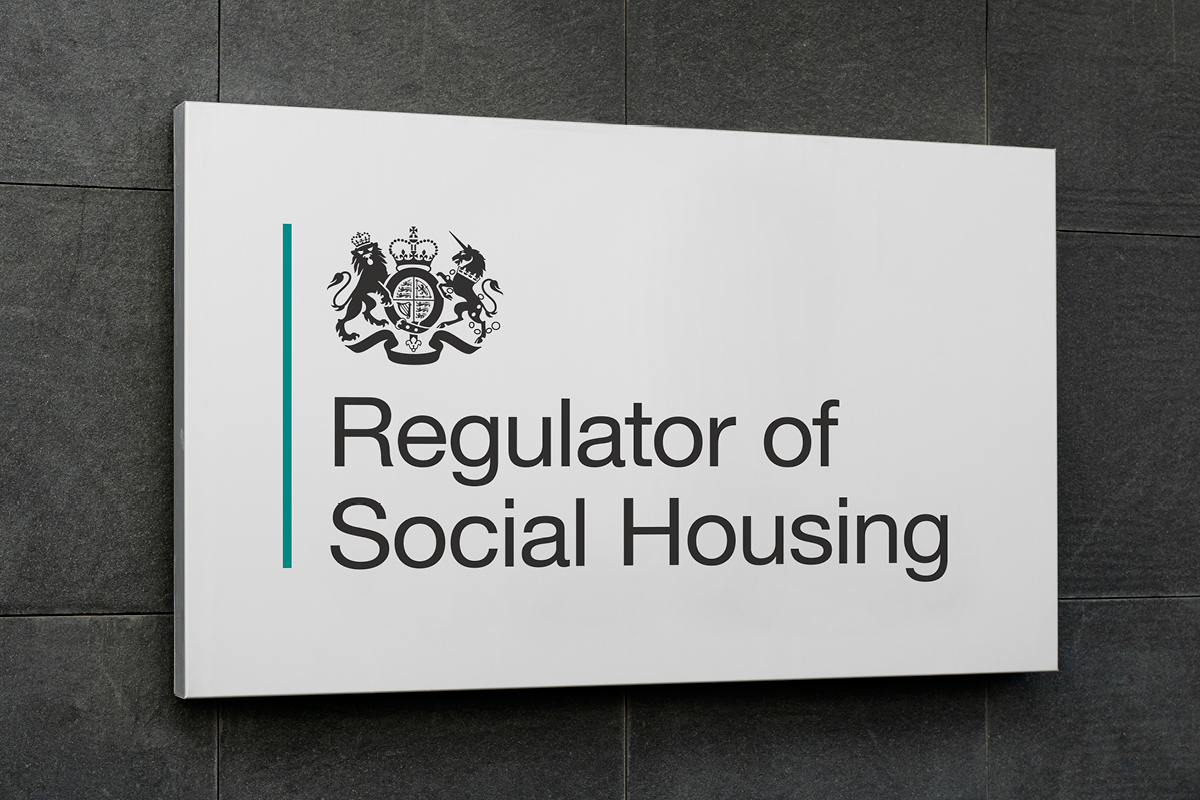You are viewing 1 of your 1 free articles
For-profit and lease-based housing providers grow significantly
For-profit and lease-based providers account for a larger part of the social housing sector than ever after significant growth in the past year, the Regulator of Social Housing’s latest statistical analysis reveals.
The number of homes owned by for-profit registered providers increased by 149% in 2017/18, faster than it had in all previous years combined, up from 873 to 2,171 homes, the Statistical Data Return published by the regulator today reveals.
Most of the increase was in affordable homeownership, including shared ownership, which rose by 537%. As of 31 March, they owned 604 social homes, 349 supported homes, 97 homes for older people and 1,121 homes for low-cost homeownership.
The increase, the regulator said, was driven almost entirely by a single provider, which acquired over 800 homes for low-cost homeownership.
The document does not specify who this is, but Heylo Housing – which launched a £1bn programme focused on shared ownership in March 2017 – had a stock of 827 homes when this survey was carried out.
Of the 37 for-profit providers, four own 66% of all the stock in the for-profit sector.
The data return, published annually, collects keys statistics about the shape of the sector.
Housing associations who lease supported housing from private equity funds and real estate investment trusts also increased in size.
The regulator did not give an exact figure for the increase but noted that it was a key driver in a 2% rise in supported housing rents over the year thanks to the higher rents charged by such associations.
Discounting lease-based associations, this fell to a 0.2% increase. In the West Midlands, where many of these homes are based, the overall 8% increase fell to 0.1% without lease-based associations.
The regulator has shown particular interest in lease-based housing associations in 2018, investigating four of them – First Priority, Inclusion, Trinity and Westmoreland – for issues relating to governance and financial viability.
In February, it found First Priority non-compliant and censured it for a “fundamental failure of governance”.
According to the Statistical Data Return, these housing associations all charge significantly higher rents than the average for the type of housing they offer.
First Priority, as of 31 March, charges an average rent of £190.15 a week for supported housing, compared with the English average of £93.08. Inclusion charges £190.96, Trinity £240.44 and Westmoreland £247.16.
Their business model typically involves leasing homes owned by a fund and paying rents which rise by inflation each year to these investors – which will typically seek a return in the region of 5%.
According to the return, the total number of homes owned by housing associations increased 1.1% to 2.8 million units/bedspaces of social and affordable housing.
The return also revealed that an “extremely large volume of transfer activity” in the sector, with 258,370 transfer recorded by large housing associations, the highest amount ever recorded.
This, the regulator said, was the result of a number of mergers and restructuring exercises.













